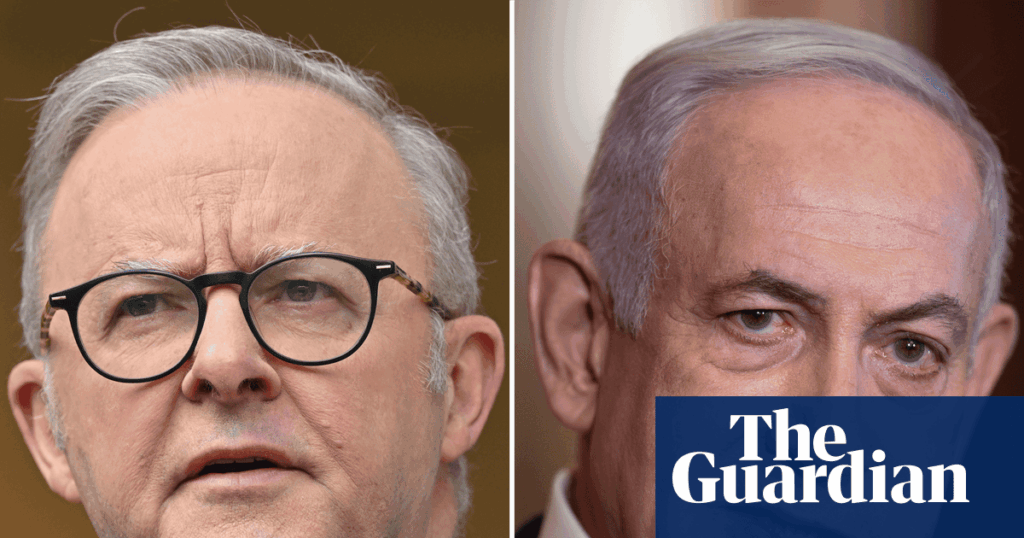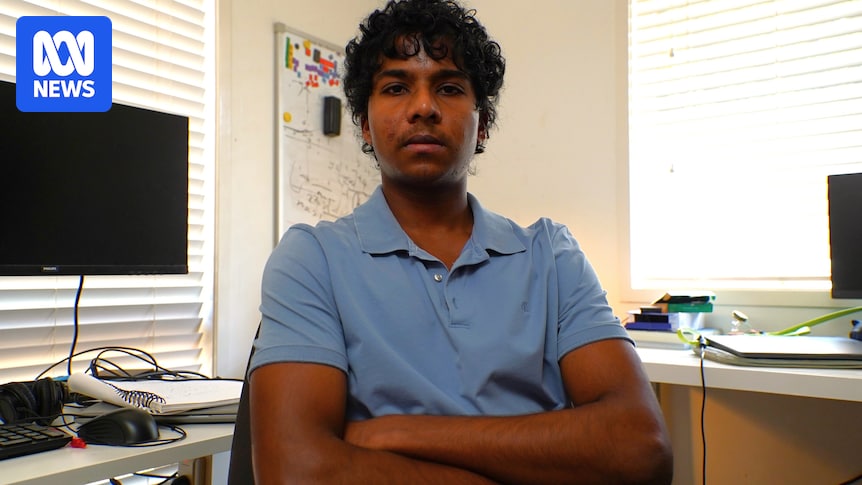
Anthony Albanese, the Prime Minister of Australia, has issued a stark warning to Israeli Prime Minister Benjamin Netanyahu, cautioning that any expansion of Israeli settlements in the West Bank or annexation of Palestinian territories could render the two-state solution permanently “beyond reach.” This warning comes amidst increasing demands from far-right members of Netanyahu’s coalition to annex parts of the territory earmarked for a future Palestinian state.
Albanese is set to deliver this message at a major international conference in New York, highlighting the growing concern within the global community regarding the current trajectory of the Israeli-Palestinian conflict. This development follows a recent diplomatic shift by Australia, France, Canada, and the UK, which formally recognized Palestinian statehood in an effort to address the ongoing violence in Gaza.
International Reactions and Diplomatic Tensions
The announcement by Albanese has been met with a mix of support and opposition on the international stage. Sussan Ley, the opposition leader in Australia, has moved to reassure allies of former US President Donald Trump that the alternative government “strongly opposes” the recognition of Palestinian statehood. This comes after Republican lawmakers warned Albanese of potential “punitive measures” in response to the policy shift.
Netanyahu, who has been critical of the recognition, lashed out at Albanese and other world leaders, promising a significant response upon his return from the US. He has the backing of Trump for his hardline stance, despite facing isolation from other international leaders. Netanyahu has declared that a Palestinian state “is not going to happen,” asserting that there will be no such state west of the Jordan River.
Albanese’s Call for Humanitarian Action
During his speech, Albanese will urge Israel to allow the flow of humanitarian supplies and to cease the killing of innocent civilians, including children, aid workers, and journalists. He will emphasize that the “continued illegal expansion of settlements on the West Bank” and associated settler violence must stop to preserve any chance of peace.
Albanese, alongside Foreign Minister Penny Wong, has emphasized that while Australia is not a central player in Middle Eastern politics, it can still use its influence to advocate for a ceasefire and an end to the conflict. Albanese has forged strong ties with international leaders such as French President Emmanuel Macron, UK Labour leader Keir Starmer, and Canadian politician Mark Carney, who are all adjusting to a shifting global order influenced by Trump’s “America First” policy.
Historical Context and Future Implications
Members of Netanyahu’s far-right government have long pushed for the annexation of the West Bank. Finance Minister Bezalel Smotrich has proposed plans to annex over 80% of the territory. In response, Australia has sanctioned Smotrich and National Security Minister Itamar Ben-Gvir, accusing them of inciting violence against Palestinians.
Albanese’s recognition of Palestine aims to “build momentum” for a two-state solution, starting with a ceasefire in Gaza and the release of hostages captured during the October 7 attacks. However, this move has been described by some, including ECAJ President Daniel Aghion, as counterproductive, arguing that recognition should follow a peace process, not precede it.
Broader Diplomatic Efforts and Challenges
In addition to addressing the Israeli-Palestinian conflict, Albanese is expected to meet with Turkish President Recep Tayyip Erdoğan to discuss Australia’s bid to host the COP31 climate summit. With Turkey also vying for hosting rights, the event may default to Bonn, Germany, if neither country withdraws.
Meanwhile, Foreign Minister Wong has been involved in efforts to enhance protections for aid workers in conflict zones, appearing alongside the brother of Zomi Frankcom, an Australian aid worker killed in Gaza earlier this year.
As the international community grapples with these complex issues, Albanese’s call for cooperation and peace underscores the urgent need for a unified approach to resolving the long-standing Israeli-Palestinian conflict. The coming days and weeks will likely see increased diplomatic activity as leaders seek to navigate these challenging waters.







